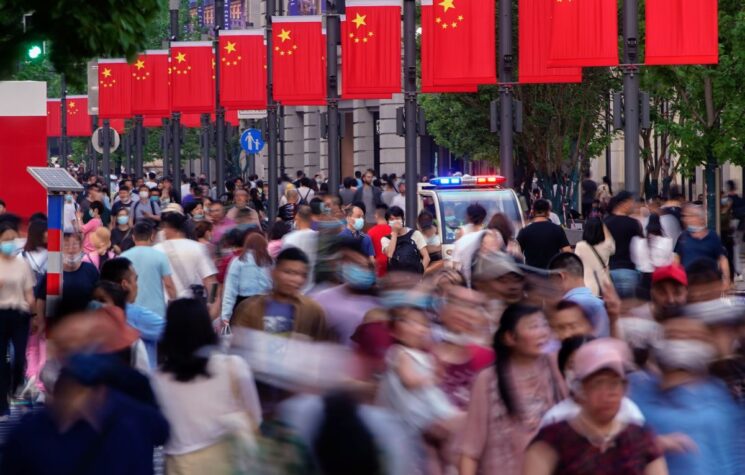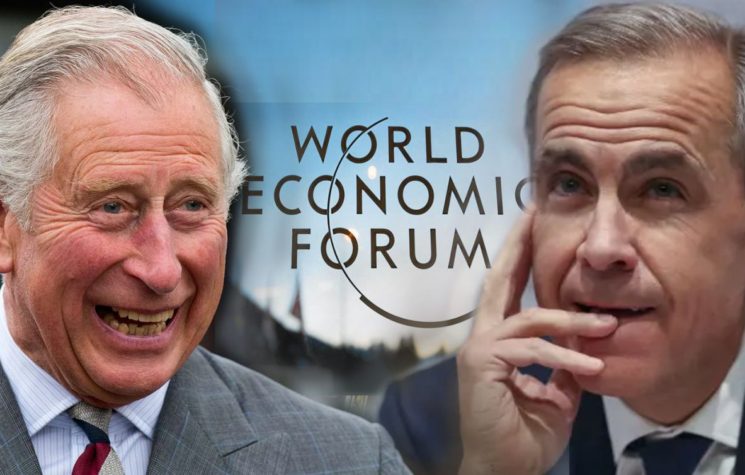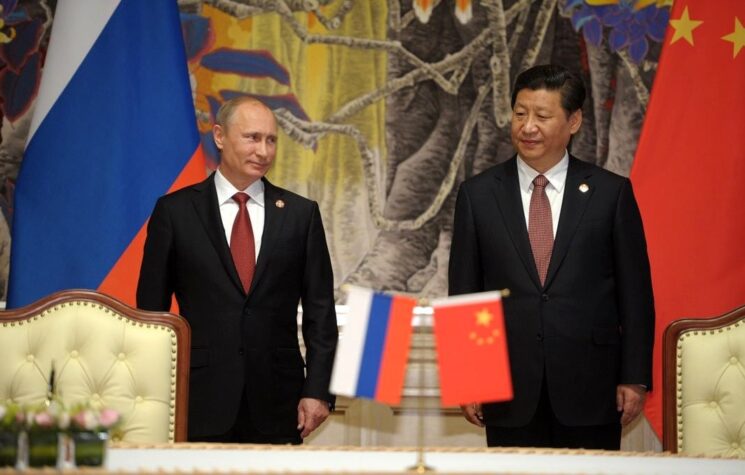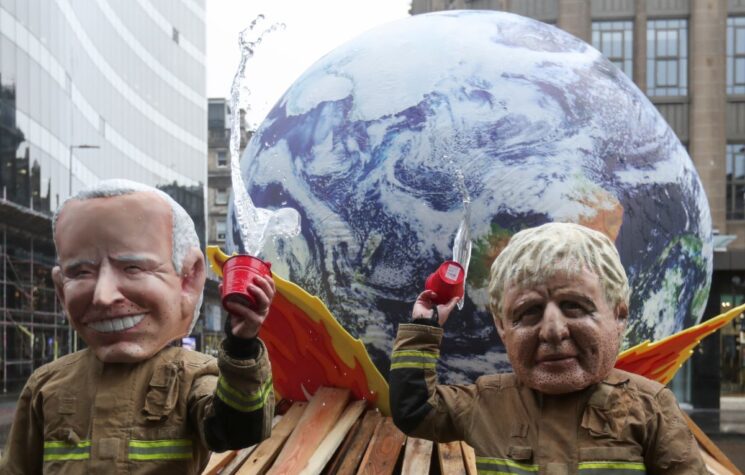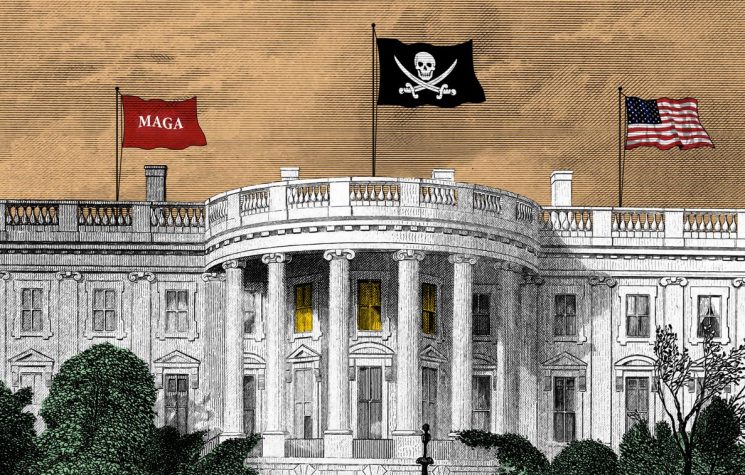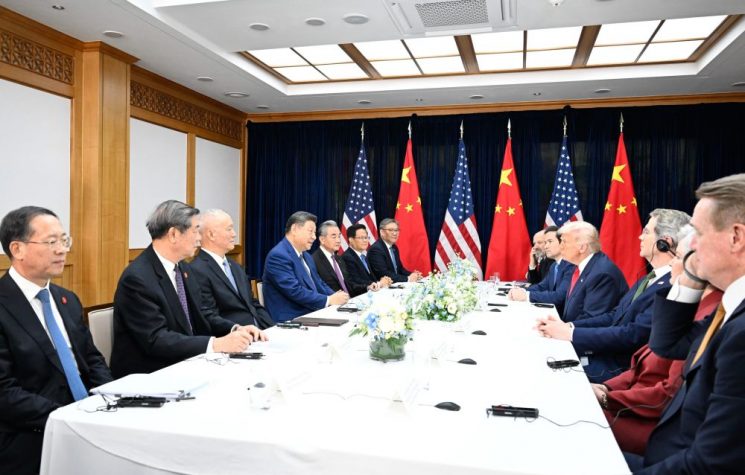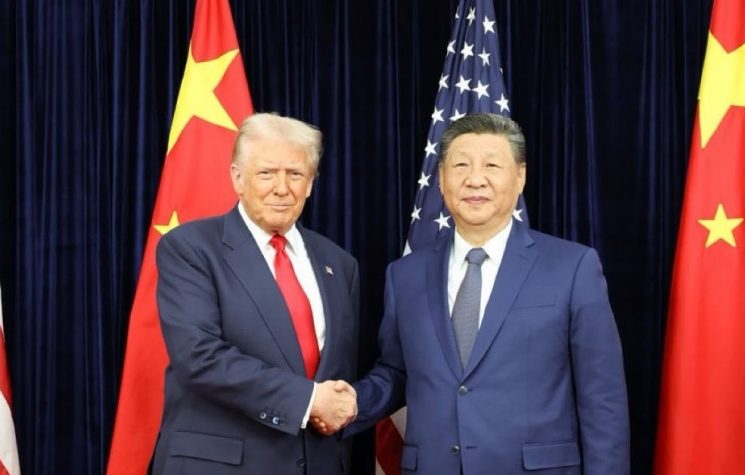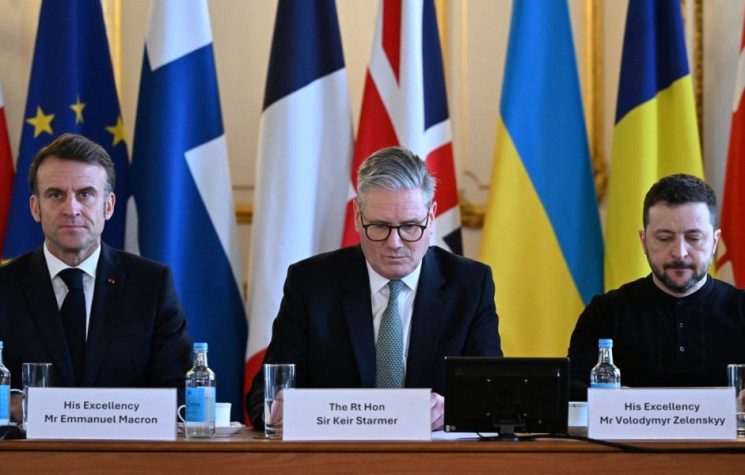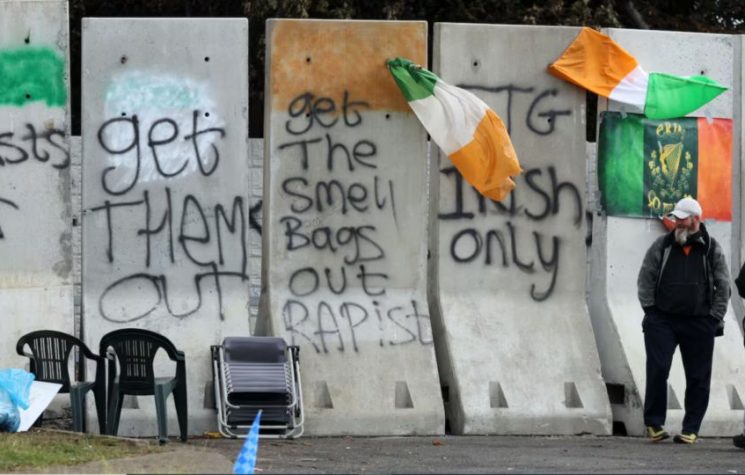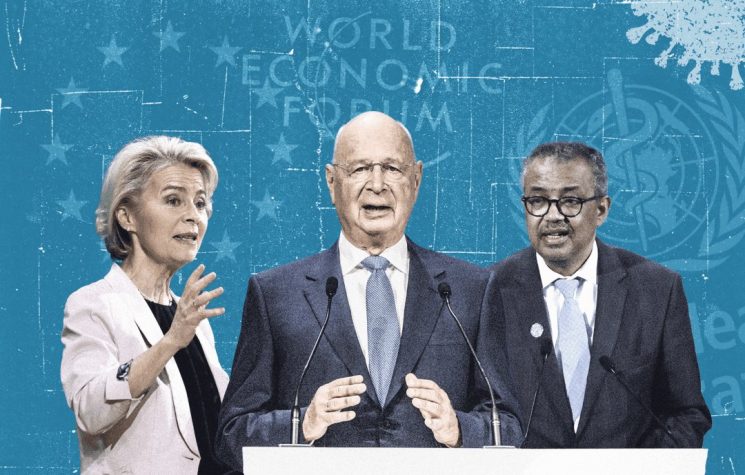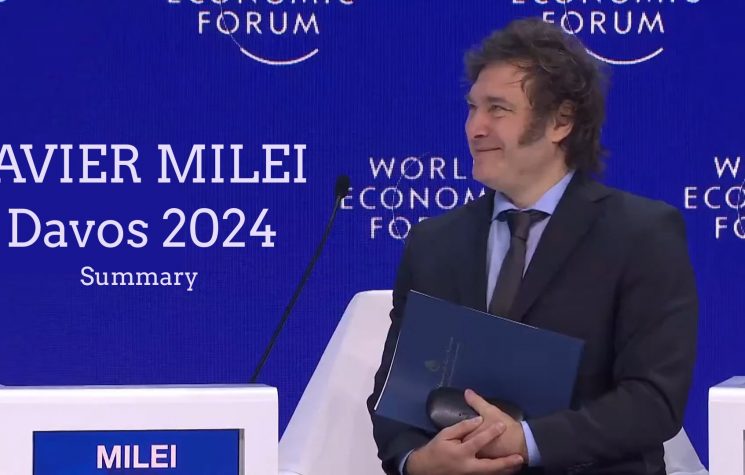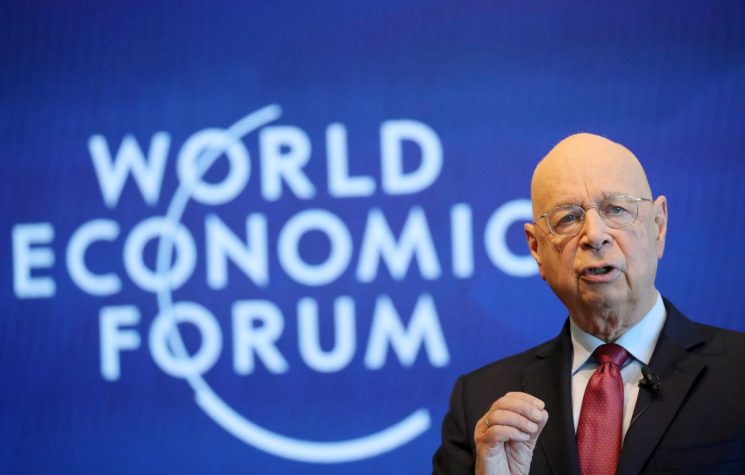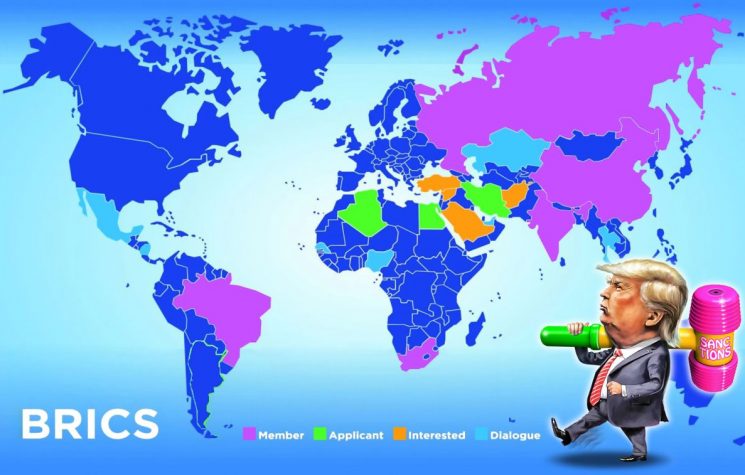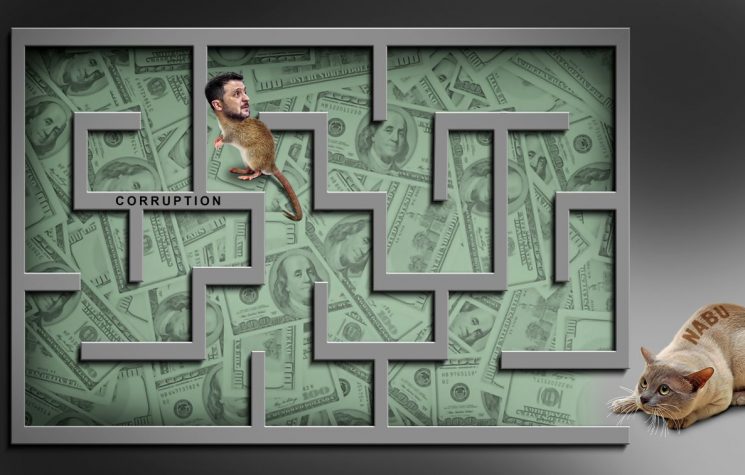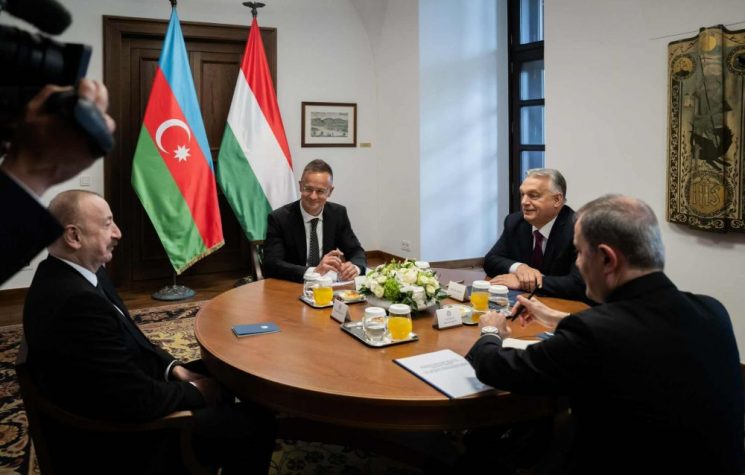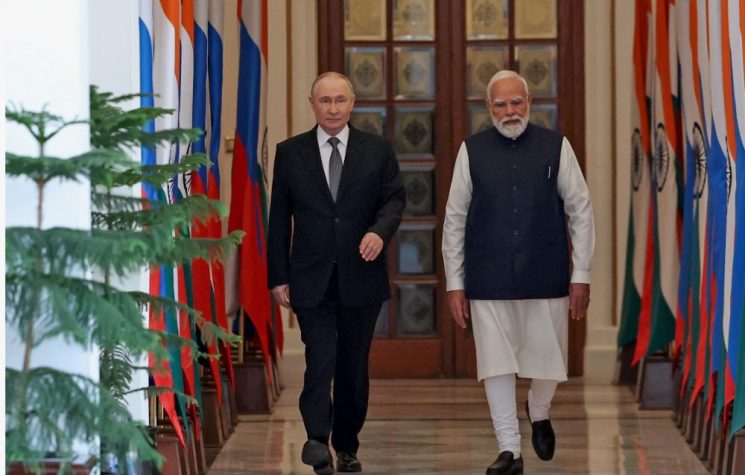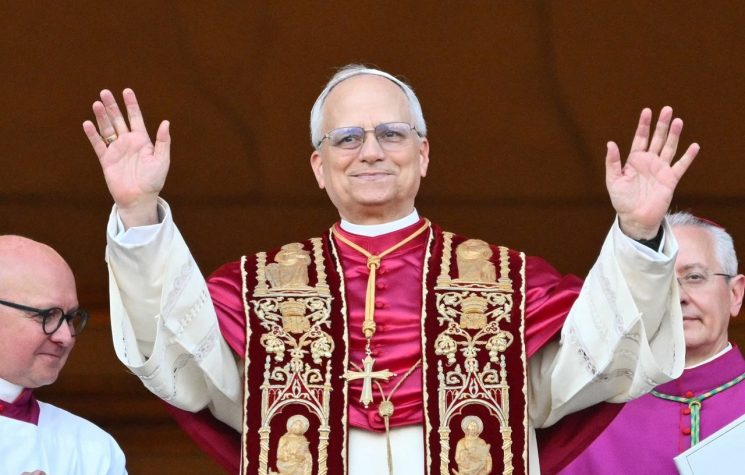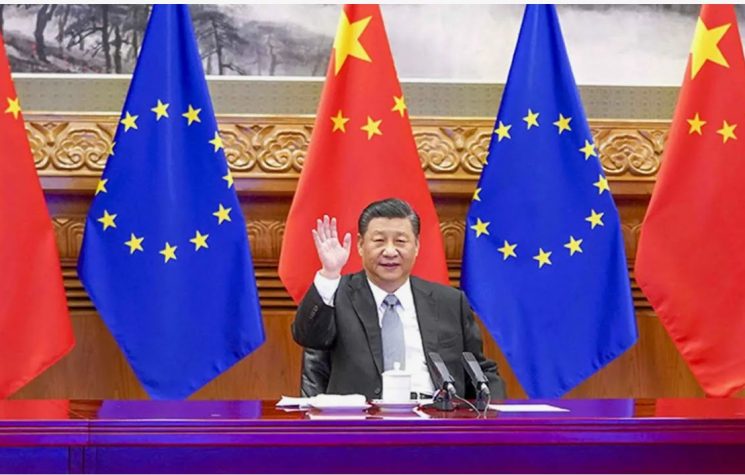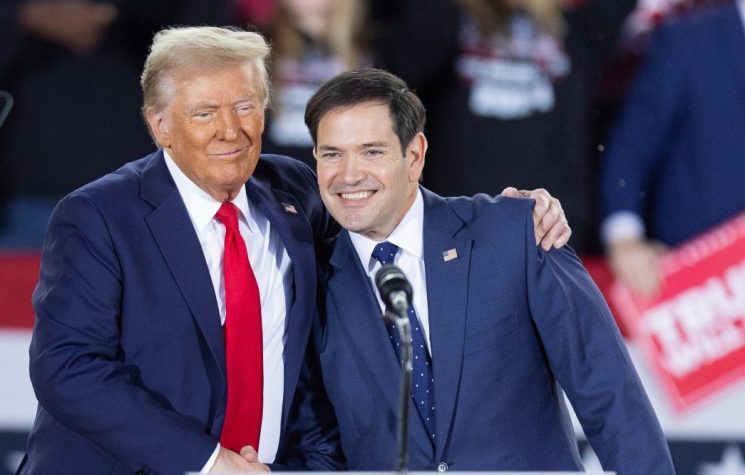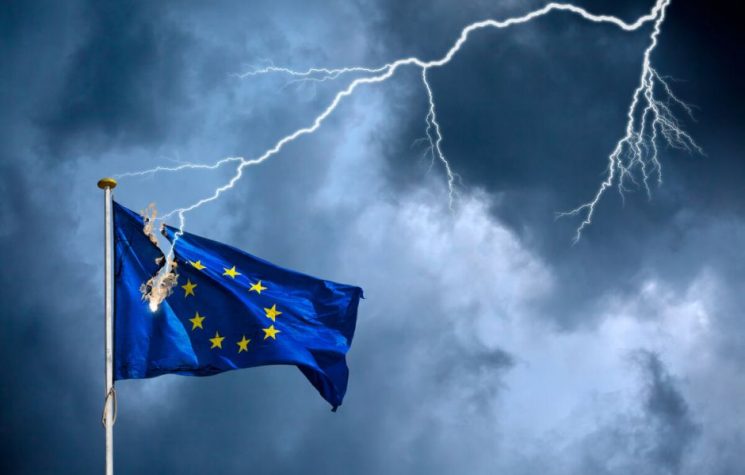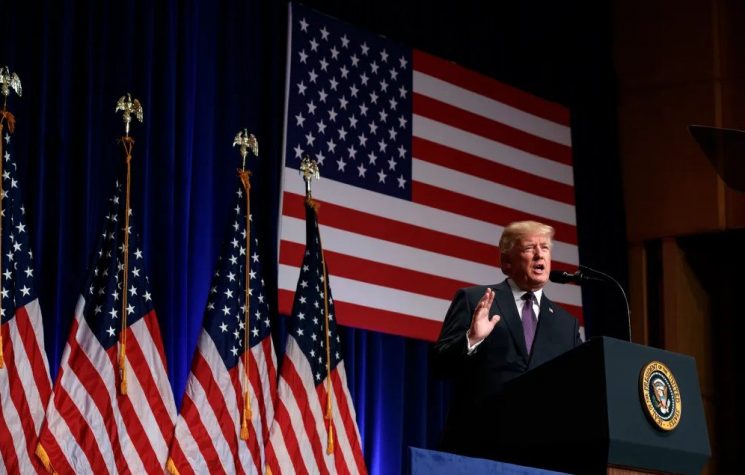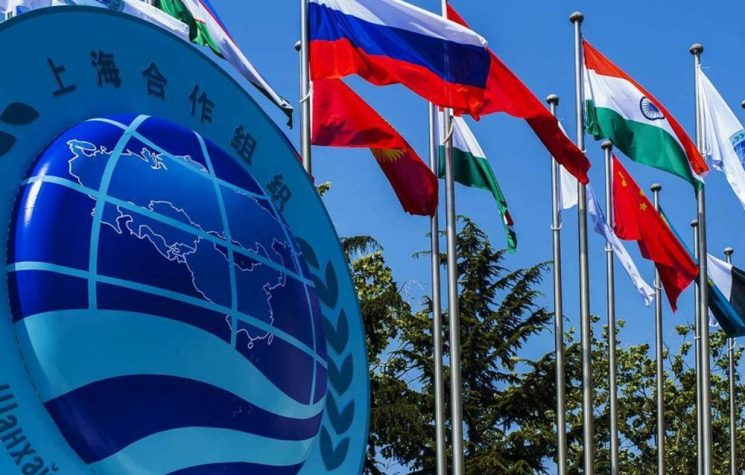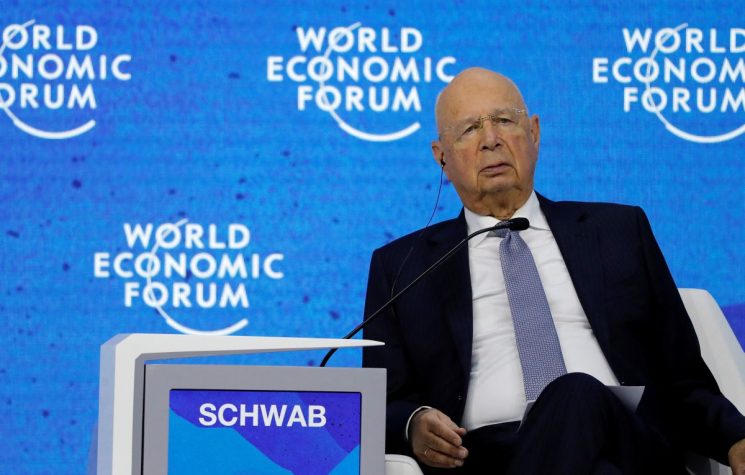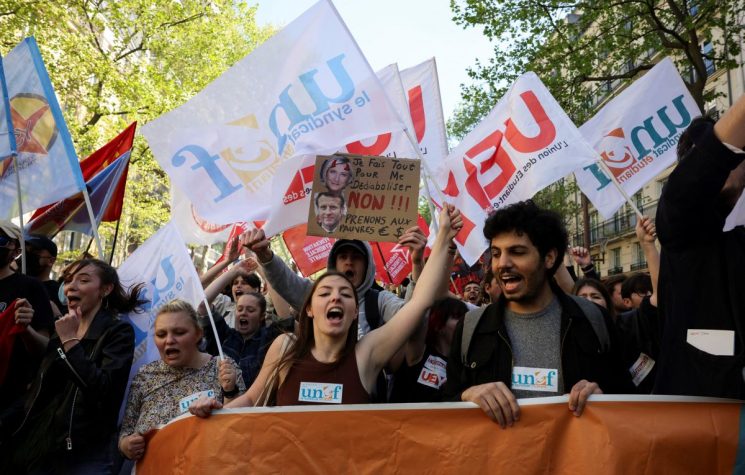A collective West “led” by unspeakable mediocrities looks at the Russia-China strategic partnership as if it was something like a double-headed Anti-Christ. Xi, for his part, seems not to be impressed.
The virtual, special address by President Xi Jinping to the World Economic Forum’s 2022 Davos Agenda exhibits all the elements of a riddle inside an enigma.
At first, it certainly could be interpreted as a simultaneous message to the Empire of Chaos and global public opinion.
Much more than prescribing “effective doses against unilateralism, decoupling and ideological antagonism” – not so subtle allusions to the usual suspects – Xi most of all positioned China as the indispensable driver of Globalization 2.0.
The address was simultaneous to the announcement of China’s GDP growth at 8.1% in 2021 and commodity trading reaching new highs: the center of global manufacturing is the world’s biggest exporter for the 8th consecutive year.
The implementation of the word’s largest free-trade zone, the Regional Comprehensive Economic Partnership (RCEP) across Asia-Pacific, will just solidify the trend.
Trade with the myriad partner nations of the Belt and Road Initiative (BRI) increased by 23.6% – and that essentially means increased Global South trade. Foreign direct investment (FDI) in China increased by 20.2% in dollar terms: once again, as in 2020, China was the top FDI destination on the planet.
The whole trade/commerce landscape should even improve in 2022 when the China-EU Comprehensive Agreement on Investment (CAI) is fully ratified. France, currently presiding the EU Council, is manifestly in favor.
Compounding the trends, China’s GDP per capita has reached $12,551, crucially above the notorious “middle income trap”; above the global average GDP per capita; and now entering “high-income country” territory, as defined by the World Bank.
Xi’s key message, when it comes to addressing “Davos Man” – the trademark WEF audience – was unmistakable: China is and will continue to remain the safest of havens for global Capital. The Masters of the Universe – from BlackRock down – duly nodded their approval.
But then, there are “countercurrents”. And that ominous, imminent global economy crisis.
Take me to the river
Now we enter the deeper enigma of how interpenetrated Xi’s vision and the Davos agenda may, or may not, be.
Xi’s main theme is multilateralism. And that’s the context in which he introduced his rich “countercurrents” metaphor. Xi de facto held the collective West as “countercurrents” in the river of History – incapable of stopping its inexorable flow to the sea.
Yet these “countercurrents”, as Xi defines them, are not merely trying to stop the flow of economic globalization. He leaves it subtly implied they are trying to stop the flow of Globalization 2.0 as led by China: a very strong economy working in tandem with an arguably successful “zero Covid” policy.
He didn’t even have to refer to the West. He just needed to suggest that China forged its own way to tackle the current challenges. And the Chinese way beats the West’s.
The global economy is being confronted, across the board, by manpower shortages – from harvest workers to truck drivers to supermarket cashiers. Costs for everything from raw materials to container shipping went through the roof. Supply chains are horribly over-extended and in many cases broken.
The hegemonic narrative blames exclusively the proverbial Covid-19 variants for the very real possibility of causing the mother of all supply chain breakdowns that may hit most of the planet in 2022.
In contrast, variants of guerrilla analysis sustain that the global economy is being deliberately being driven over the cliff. The supply chain breakdown is being facilitated by the multi-restriction “war on Covid” – which directly subverts production, trade and services.
Global Capital would never allow a comprehensive public debate about the toxic role of the financial system – which has been kept under artificial respiration since 2008, with central banks unleashing storms of helicopter money, inflating real state markets, stocks, precious metal prices. In real life, what’s nearly inevitable next in the horizon is the bursting of a massive stock and real estate bubble all across the West.
A de facto collapse of the global economy would provide the ultimate “opportunity” (Klaus Schwab’s terminology) for the WEF’s Great Reset – which remains the real Davos Agenda. But according to the hegemonic gospel, that would happen because of Covid – not because of the implosion of the financial casino.
For nearly two years, we have been living through the progressive enshrinement of techno-feudalism – one of the overarching themes of my latest book, Raging Twenties.
In lightning speed, the techno-feudalism virus metastasized into an even more lethal, wilderness of mirrors variant, with cancel culture enforced by Big Tech all across the spectrum and science routinely debased as fake news across social media.
The average citizen remains discombobulated to the point of lobotomy. Giorgio Agamben defined the whole process as a new totalitarianism.
What does Capital really want?
It’s open to debate to what extent Xi actually endorses the ultimate “opportunity” offered by Covid-19: a Great Reset that essentially refers to the replacement of a dwindling manufacturing base by automation, in tandem with a reset of the financial system.
The concomitant wishful thinking envisages a global economy that will “move closer to a cleaner capitalist model”, as embodied, for instance, in the delightfully benign Council for Inclusive Capitalism in partnership with the Catholic Church.
It was up to William Engdahl to ask the crucial question: Will the Federal Reserve Crash Global Financial Markets As a Means to Implementing Their “Great Reset”?
Xi using Davos as a convenient P.R. platform does not necessarily mean China subscribes to the Davos Agenda. Davos, after all, has nothing to do with multilateralism.
Last December, the WEF actually postponed Davos 2022 from January to early summer. It remains to be seen whether this may have something to do with the advent of Cyber Polygon, a cyber pandemic gamed by the WEF in July 2021.
Herr Schwab himself defined it as “a comprehensive cyber-attack [that] could bring a complete halt to the power supply, transportation, hospital services, our society as a whole. The Covid-19 crisis would be seen in this respect as a small disturbance in comparison to a major cyber-attack.”
So our current – global – predicament may be just a “small disturbance” compared to what comes next. And has already been gamed.
No one, from Zeus to Shiva, knows what comes next – apart from NATO expanding to outer space. Yet it’s very telling that the distinct possibility of a global economic crash – while Xi promotes Globalization 2.0 led by China – is happening simultaneously to
NATO provoking Russia into war and the US demonizing China to Kingdom Come.
A collective West “led” by unspeakable mediocrities looks at the Russia-China strategic partnership as if it was something like a double-headed Anti-Christ. Xi, for his part, seems not to be impressed: watching the river flow, like a Taoist Bob Dylan, he has just dismissed these mere “countercurrents” with a wave of his hand.








